Managing Math Fear as an Adult
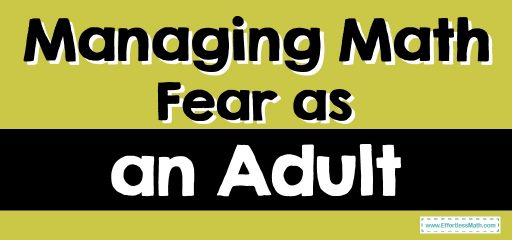
Anxiety around the subject is a real thing, and many people simply have never been good at it. This can take many forms; some struggle with simpler multiplication and arithmetic and are very adept at solving complex equations. For additional educational resources,.
Others may have had problems with algebra but sailed through geometry, and still others may dislike the entire subject. For additional educational resources,.
While smartphones, along with spreadsheets and computers in general, can ensure that you may never have to calculate something on your own again, wouldn’t it be nice to know that you could? Plus, you can help your current or future kids with their homework. For additional educational resources,.
The points below can help you overcome a childhood aversion to all things to do with numbers and improve your skills along the way.
The Why
Being bad at math and making up for it by using tools, such as apps or the calculator on your phone, is a little bit like having a terrible sense of direction and handling it by using your phone’s map function. You can certainly get by, but you’ll never really know exactly where it is you’re going, and without your phone, you’re lost.
Although learning styles are a myth, it can be helpful to be more comfortable around numbers and to know that if you ever have to do some quick arithmetic in your head, you can. It may also help you in other ways, such as at your job or when trying to make a personal budget.
Math Anxiety in College
When you head off to college, you might breathe a sigh of relief at the idea that you won’t have to take any more classes on topics that don’t interest you and assume you can focus entirely on the things you want to study–but not so fast.
For the most part, colleges will still require you to take a broad variety of courses in the first two years across the curriculum. This will usually include at least one math course, even if your major is something like history or fine arts. Although it may be hard for you to believe, you can get something really useful out of these courses–even math.
Numbers are important even before you get to college. You’ll need to sit down and figure out how you’re going to pay for it, and your first step is to figure out both your tuition and your cost of living. You can go online to search for and apply for scholarships for college students.
There are other forms of financial aid that you may be eligible for as well if scholarships do not cover all of your costs. Being able to easily juggle numbers for tasks like these will be useful to you throughout your life.
The strategies below can help you while sitting through that required math course in college and throughout your adult life.
Your Mindset
Some people think of math as a thing that you are either naturally good at or not. While some people may have more aptitude for it than others, most are capable of getting to a point where they are good enough at it, which is all you are aiming for at this point.
If teachers, parents, or others in the past have told you that you just didn’t have the knack for it, it’s time to put that assumption aside. Stop telling yourself that this is something you just can’t do and change your self-talk to something that sounds more like this: “This is challenging, but I can improve.”
Some do have the learning disorder known as dyscalculia, but that percentage is far smaller than the number of people who struggle with the subject in general.
It can be helpful to understand that math is challenging for many, and there might be reasons why you have struggled with it. It may be that it has never been taught in a learning style that suits you. You may also be suffering from anxiety or even a phobia, but this can be dealt with as well.
Overcoming Fear
If you’ve ever studied hard for a test only to freeze when you saw the numbers on the paper in front of you, you understand the part that anxiety can play in your ability to excel in this subject.
This may have its roots in bad past experiences, such as being asked to solve a problem in front of the class and failing to do so, or simply being taught badly.
Putting yourself in low-stakes situations where you are working with numbers but there’s no time limit or penalty if you get something wrong, can help, especially if you do it in a pleasant environment. This could mean working through some problems on your own.
Think as well about the underlying purpose of the problem. Considering that the technique you’re currently learning helps architects design safe buildings becomes less abstract.
Tips for Improving
There are plenty of practical things that you can do to improve. It may be that you never learned some basic skills, such as multiplication tables. These may seem tedious, but committing them to memory can make more advanced work much less difficult.
You can get a book or take a class, even if school is long behind you, to help you improve. Ask questions, and complete every assignment. This may give you some insight into what approach to explanations and learning works best for you.
Find out about how mathematical concepts translate into the real world on everything from understanding how compound interest works to how group theory in algebra is connected to the theory of symmetry.
Once you begin to see mathematical concepts as embedded all around you, you can start to conceptualize them more as an integral part of life instead of as an isolated, confounding subject.
Related to This Article
More math articles
- 5 Best Mini Laptops to Use Anytime, Anywhere
- CLEP College Math vs. CLEP College Algebra: The Difference!
- Mastering Series Convergence with the Ratio Test
- Does ALEKS LockDown Browser Record You?
- 10 Most Common 7th Grade SBAC Math Questions
- 3rd Grade Scantron Math Worksheets: FREE & Printable
- Area and Perimeter
- Classify Faces of 3–Dimensional Figures
- 10 Most Common 8th Grade MEAP Math Questions
- FREE 7th Grade OST Math Practice Test



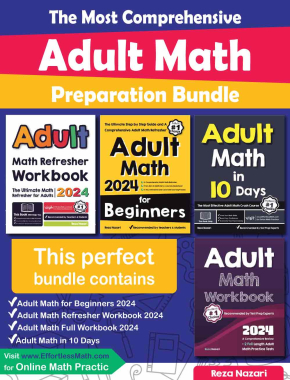
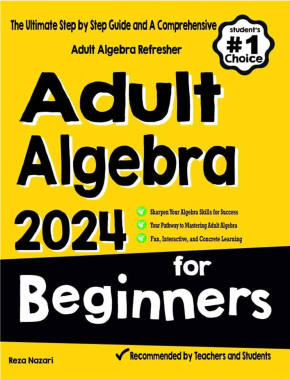
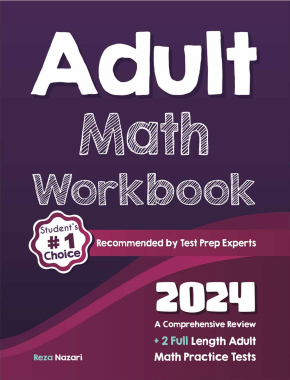
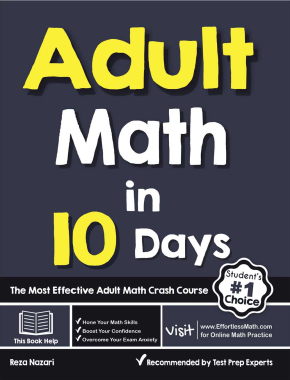
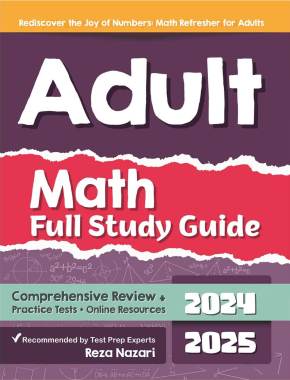
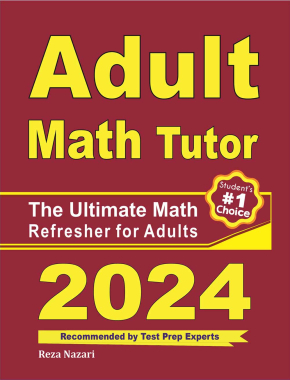
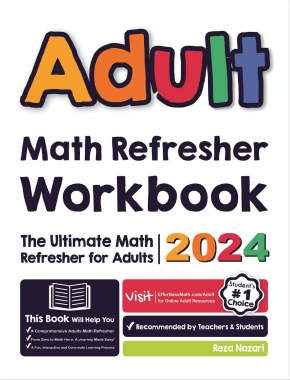
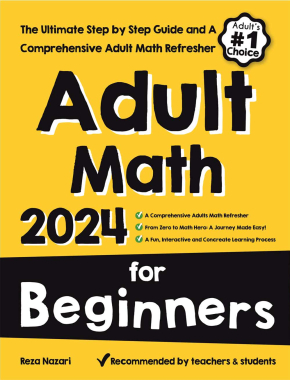
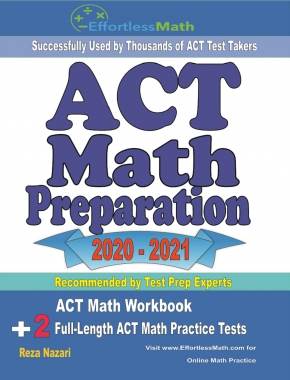
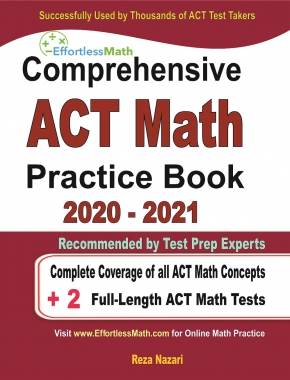

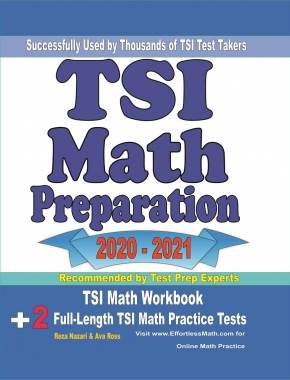

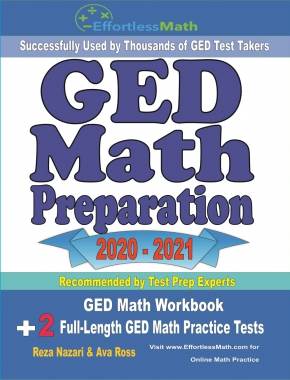





















What people say about "Managing Math Fear as an Adult - Effortless Math: We Help Students Learn to LOVE Mathematics"?
No one replied yet.